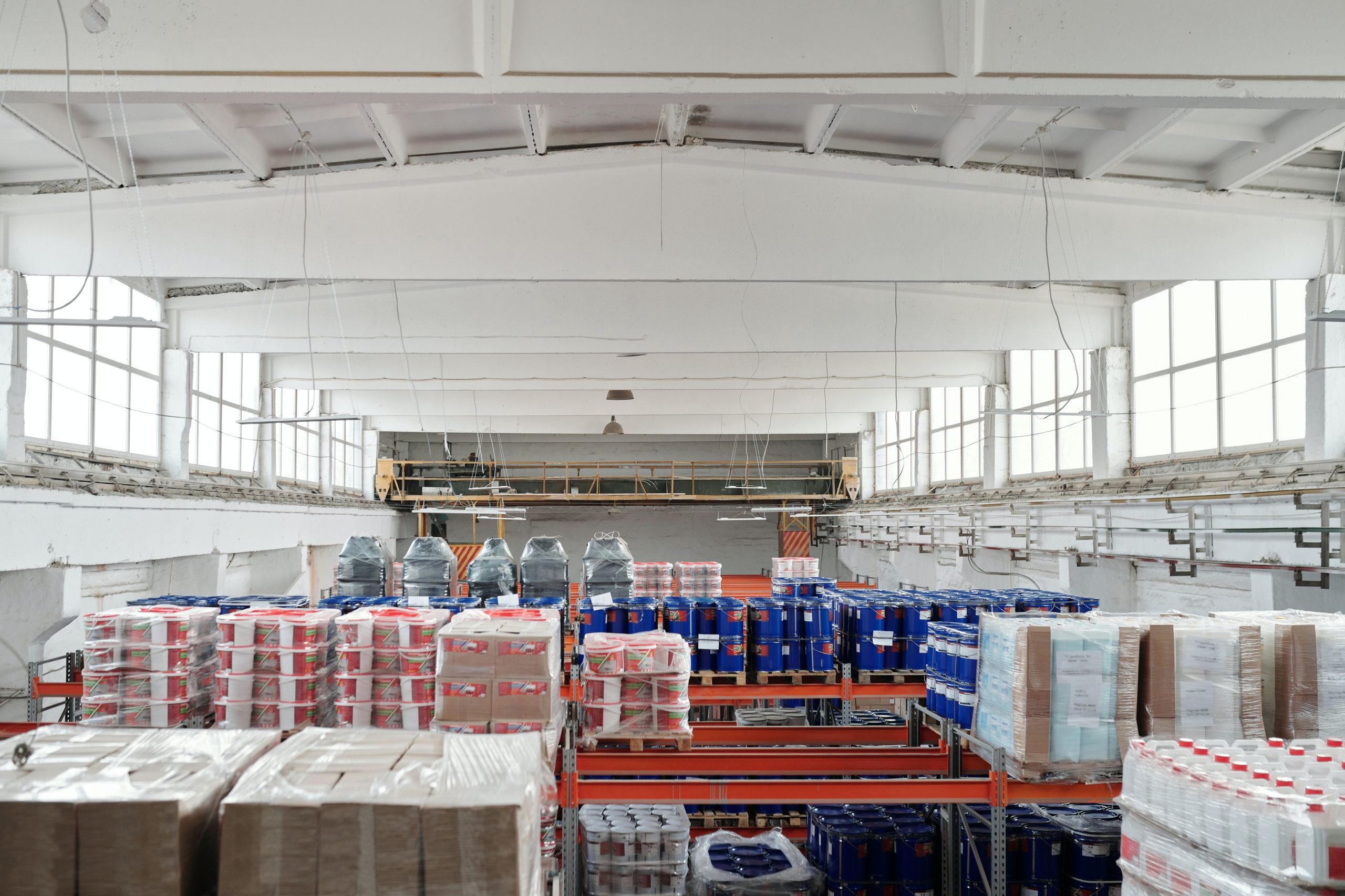How Has Logistics Changed Over The Years?
How we approach problems is how the logistics industry changed over the years. We reviewed the latest freight sector estimates and how firms may plan for potential interruptions a few weeks ago. To those in the sector, logistics solutions may appear to be perpetually vulnerable to the vagaries of change. For the most part, however, the logistics business has remained fairly unchanged throughout history. In reality, most of the changes we’ve seen in the logistics area have occurred in the previous two decades due to rapid technological advancements and their impact on scalability. In addition, with the rise of e-commerce and the expansion of new markets, shippers’ supply chains have become much more intricate.
Technology has changed logistics forever!
Over time, technological advancements have pushed limits and altered how the world does business. The introduction of the internet and the ease with which people can access anything has made life more pleasant and simple. One of the key areas investing extensively in IoT is the transportation and logistics business. With the support of cutting-edge technologies and mobile connectivity, IoT is enabling smart transportation. Which has quickly altered the industry and created a seamless interface. IoT has enabled everything from effective road safety issues to system monitoring in fleet management to make the transportation and logistics business more effective and efficient.
Businesses want real-time fleet data to make smart real-time decisions and enjoy long-term advantages, and IoT has made this possible at a cheap cost. In a nutshell, the usage of IoT allows one to keep track of operational efficiencies, such as better turnaround time, fuel consumption, tire wear and tear management, accident response, monitoring, and route navigation, all of which contribute to the optimization of long-term business solutions. It also allows for smart inventory management, critical for a business, and real-time data on warehousing, distribution, and production centers. As a result, it has enhanced supply chain productivity while reducing costs and errors.
Over the last two decades, the industry has evolved (and continues to evolve) into more flexible technology solutions that we created to facilitate faster and less expensive partner interoperability. Furthermore, cloud service trends allow logistics technology to scale up or down dependent on the demands of the customer, resulting in a more cost-effective solution for both small and large businesses.
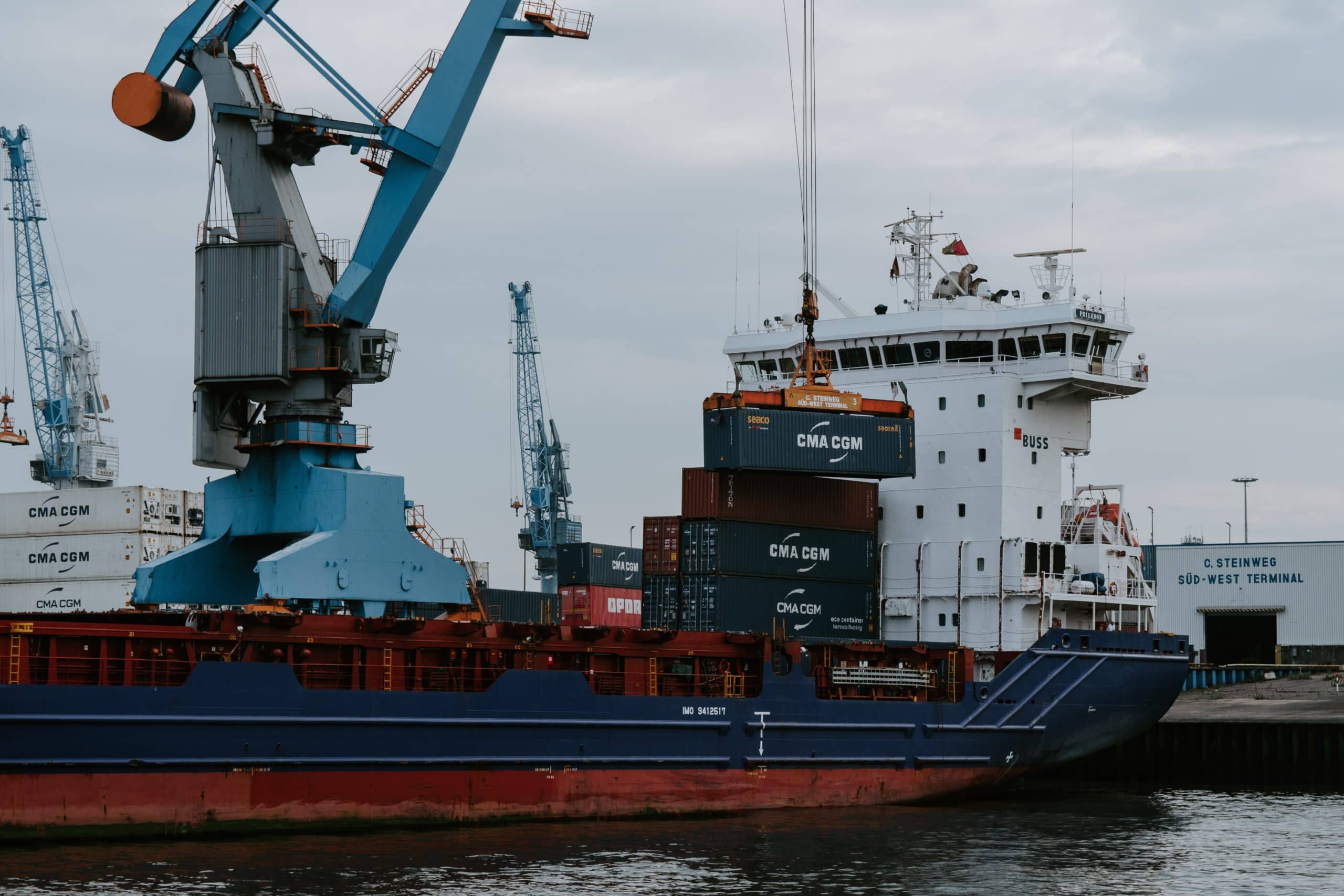
Modern Logistics Technology Changed Logistics
Today’s logistics firms offer a wide set of services to their clients to assist them in developing comprehensive logistical solutions. This wasn’t always the case, though. Most organizations in the logistics industry were significantly segmented in the early to mid-1990s. For example, agents in the warehouse may not have even communicated with transportation specialists! There was also no such thing as a full-service solution. Logistics companies functioned on a buffet-style premise, with shippers picking and choosing the required services.
The industry’s technological advancements altered the situation. Shippers used to look for a business to assist them in moving their cargo. However, as technology advanced, shippers demanded a full picture of their logistics. They needed to know where the cargo was at any given time if there was a better method to convey it, and how changes in the overall supply chain would affect their business. As additional businesses saw the potential. They began to provide more services, such as all-in-one solutions suited to a shipper’s every demand. As a result, shippers saved time and money by having warehousing, shipping, and supply chain management all under one roof.
Adaption In Logistics Over World Events Changed Everything
Several historical events such as 9/11 and the 2007-2008 financial crisis have had personal effects on the industry. As a result, these events affected several day-to-day actions and activities, and many changes had to be made. With this said, AFP Global Logistics is always anticipating changes in the transport network and supply chain, and we are always ready for anything.
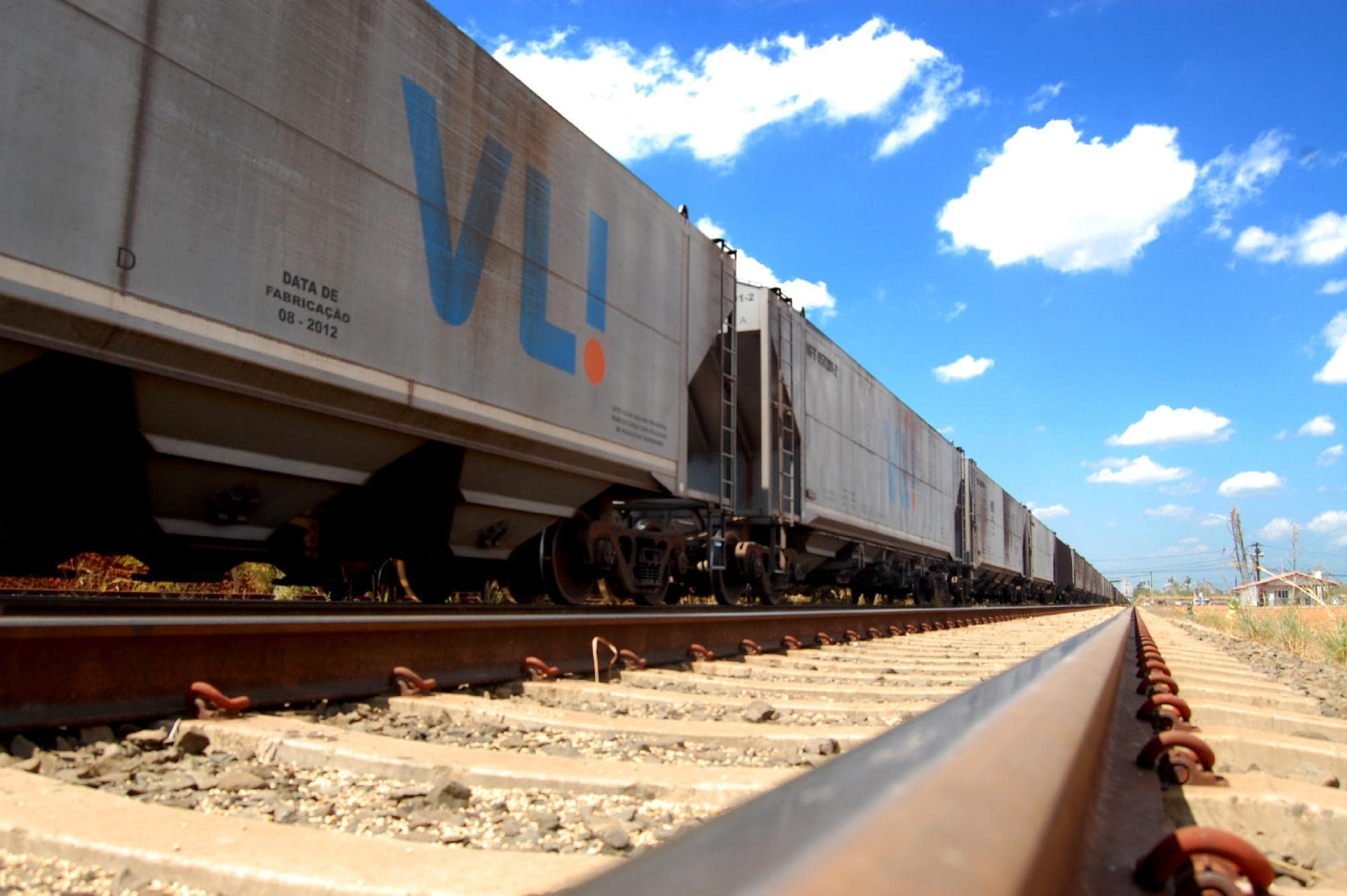
Logistics Years In The Past
Trains, transportation equipment that changed our industry, human expansion, and the way we move from one location to another could not be envisaged without modern passenger and freight transit. Of course, such a significant presence in our history first surfaced a little over 200 years ago. Still, even back then, it was clear that this new transportation paradigm could become one of humanity’s biggest battles if we could surmount the early industrial revolution’s technical difficulties.
Logistics Changes In The Mid 19th & 20th Centuries
The dawn of the industrial era had a significant impact on logistics. Military activities and daily life, business, and the global economy were altered by technological breakthroughs in tools, machines, transportation, and communication.
Railroads, steamships, and the telegraph revolutionized how armies, governments, industries, and individuals communicated and traveled in the second half of the nineteenth century. In the twentieth century, the invention of the internal combustion engine, propelled vehicles that could travel on diverse surfaces, pipelines, air transportation, telephones, radios, radar, television, and telephotography all contributed to this transition.
These advancements will allow more personnel and supplies to be mobilized over longer distances. To keep up with these advancements, humanity required new organizational and managerial strategies, and separate logistical departments emerged in military units and industry.
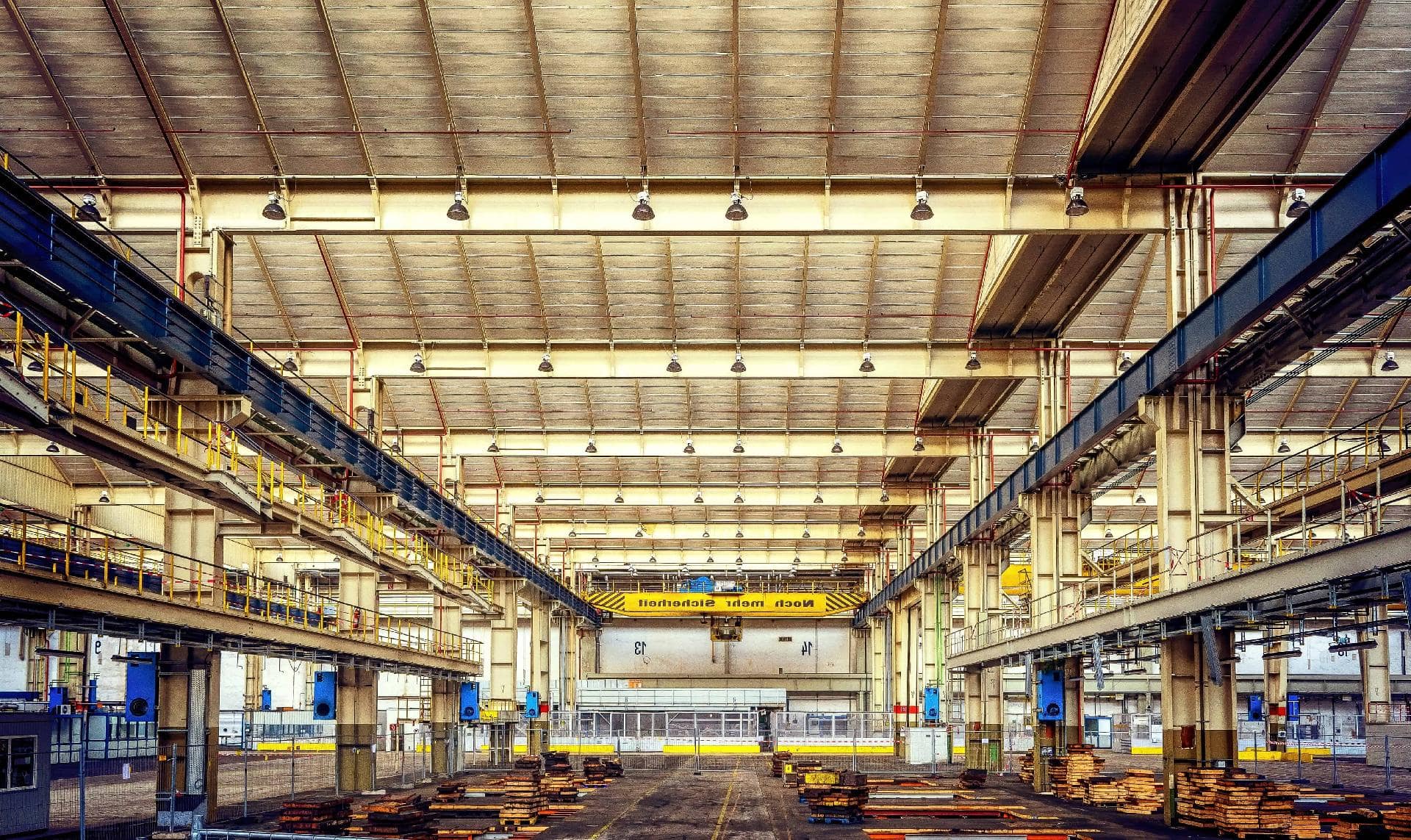
Logistics Changes In The Mid 20th & 21st Centuries
How has logistics changed over the years? From the 1940s forward, logistics technology transitioned away from human labor and toward mechanized transportation methods. For example, pallet lifts have made it better to use warehouse space. Since the 1950s, intermodal containers have been made to transfer these pallets by rail, ship, and truck. As a result, freight transportation has shifted away from the rail and toward trucks over time.
We kept the majority of records manually until the 1960s and 1970s. The introduction of computers aided logistics planning, inventory management, and truck routing optimization. Humanity accelerated this data revolution by introducing personal computers in the 1980s and the internet in the late 1990s.
Companies were able to better their planning and execution processes by utilizing spreadsheet technology and map-based interfaces. Large-scale optimization models were created and afterward implemented in commercial operations. Automation progressed during this time due to technological breakthroughs. Rather than only expressing military movements, the term logistics began to describe a vital corporate role.
By the 1990s, numerous databases contained a large amount of information. As a result, people created enterprise Resource Planning (ERP) systems to integrate these data sources. These systems could integrate different data sources, improve data accuracy, and aid material and logistics planning.
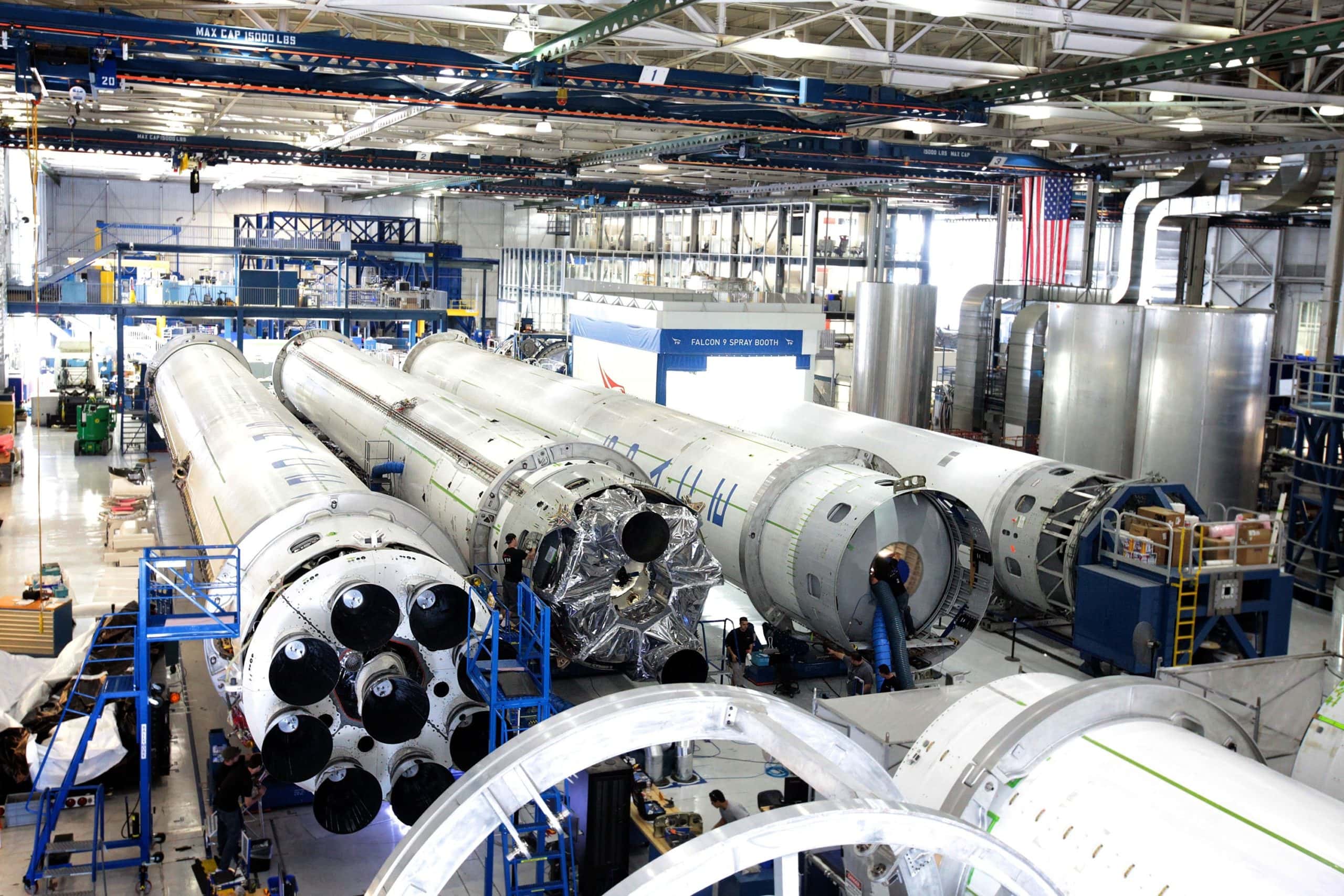
What Challenges Does The Logistics Industry Currently Face In Recent Years?
The implementation of supply chain planning will continue to be hampered by changing consumer habits and global trade implications. Problems in the supply chain and logistics industry will make changes over time. The absence of system connectivity and data logistics will continue to be a problem for the transportation industry. Data platform partners who can assist firms with one-to-many connectivity will significantly improve supply chain operations.
The logistics industry is facing competition in a very competitive market that faces challenges related to consumer habits as well as changing global trade implications. Companies in the supply chain logistics are faced with issues such as system connectivity and data networking that can affect them negatively.
What Does The Future Of The Logistics Industry Look Like And How Will It Change?
Data, automation, and innovative cooperation will take center stage as more companies engage in technology and seek to maximize their returns. Traditional RFPs and waterfall tenders will be replaced by multidimensional network planning and dynamic price structures. Open networks will boost industry productivity and provide greater chances for supply chain optimization for all parties involved. As technology helps automate and replace some of the current day-to-day interactions, relationships will become more important than ever.
About Booker Transportation
Booker Trans is 100% Owner Operator. It is our belief that an Independent Owner is the best way to get a customers freight delivered timely and safely. Booker is a leading Refrigerated Carrier providing the best lease options in the industry for today’s Owner Operators. Monthly and Yearly Awards, Longevity Bonuses, and the Free tires for Life of Lease Program, are just a few examples of what Booker Trans offers the Owner Operator. Booker Trans has built it’s success upon working partnerships with Customers, as well as Agency Relationships built over the last 20 years. Those same relationships are what makes consistent year round freight possible.
Are you interested in becoming an owner operator driver or getting into the logistics industry?
Let’s connect!
Economic Forecast: What Truckers Can Expect in 2024
05/15/2024
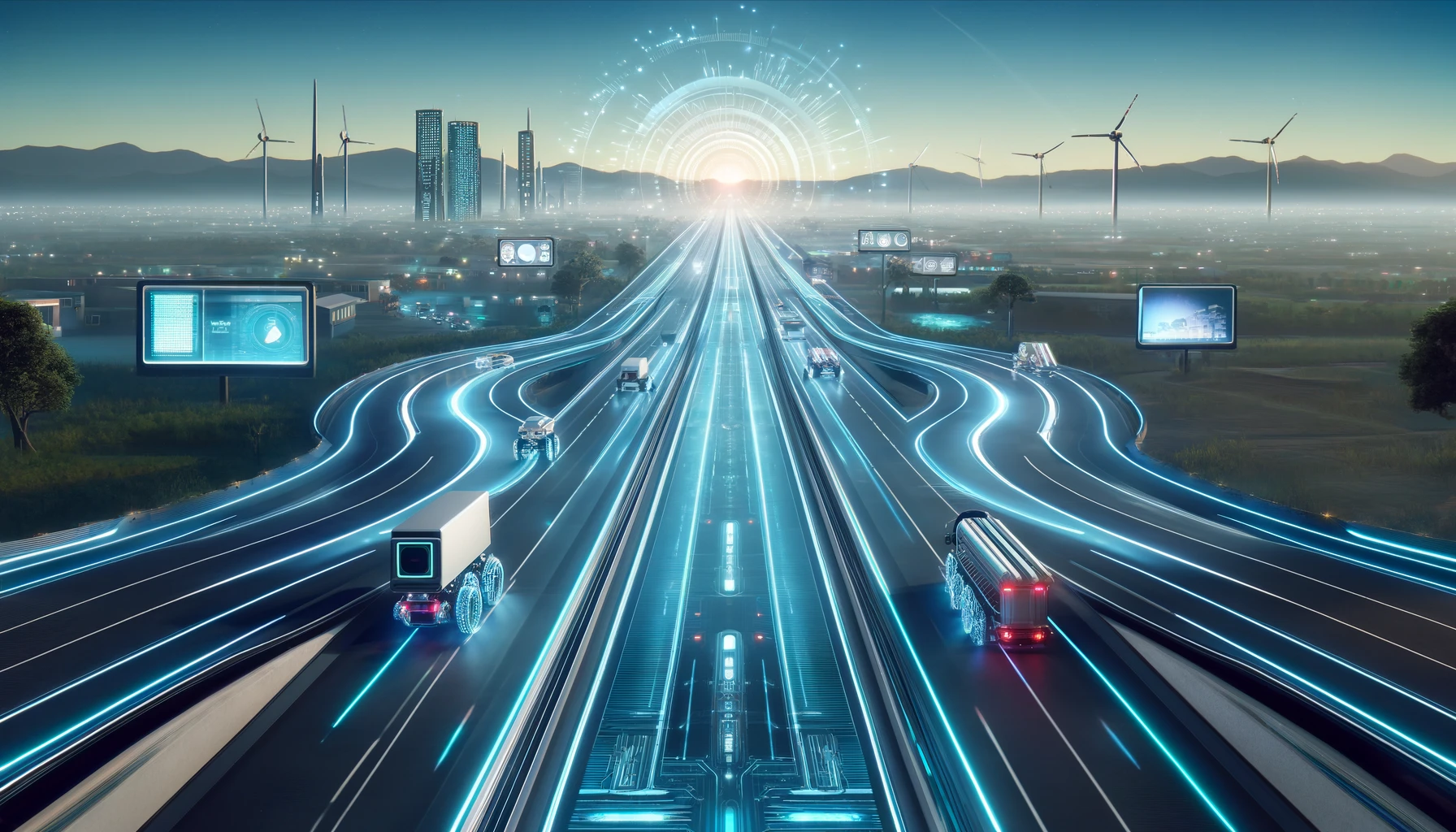
Navigating the Highways of Change
04/18/2024

